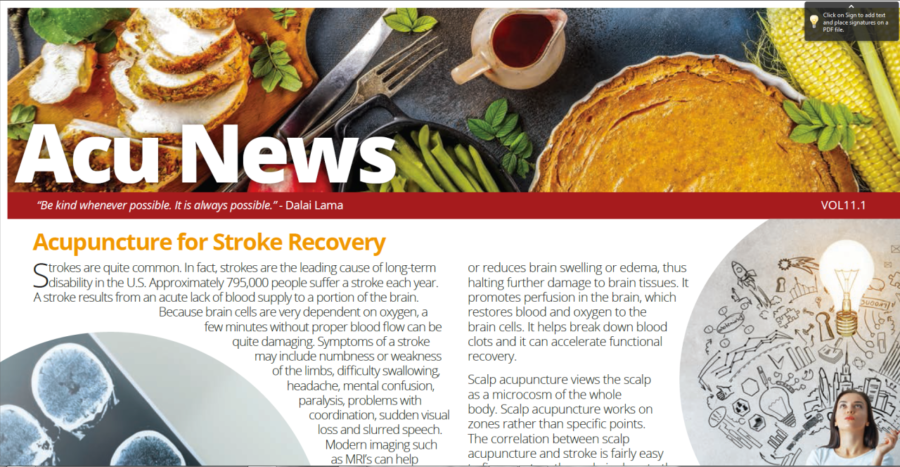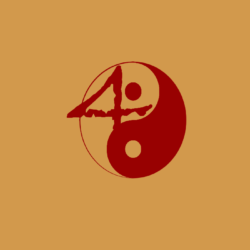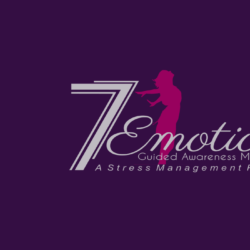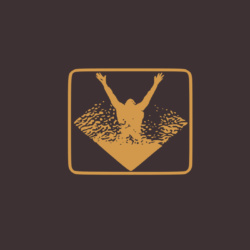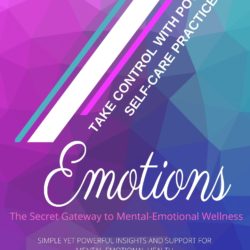A Great Combo – Stroke Recovery and Acupuncture
Strokes are quite common. In fact, strokes are the leading cause of long-term disability in the U.S. Approximately 795,000 people suffer a stroke each year. A stroke results from an acute lack of blood supply to a portion of the brain. Acupuncture can be used to target specific areas of the body to increase blood circulation and therefor the reason why stroke recovery and acupuncture make a great combination.
Because brain cells are very dependent on oxygen, a few minutes without proper blood flow can be quite damaging. Symptoms of a stroke may include numbness or weakness of the limbs, difficulty swallowing, headache, mental confusion, paralysis, problems with coordination, sudden visual loss and slurred speech. Modern imaging such as MRI’s can help detect how bad the brain damage is following a stroke.
Typical post-stroke care in starts with seven days of hospitalization followed by a couple weeks of physical therapy, occupational therapy and speech therapy. Unfortunately, even after all of this, most stroke victims still have deficits and disabilities. Acupuncture can help to repair these deficits and disabilities.
After a stroke, acupuncture should be started as quickly as possible. Three treatments per week is recommended to begin with following a stroke. Studies show patients get well faster, require less nursing and rehabilitation, perform better self-care and use less money to recover when acupuncture is added to the recovery treatments.
Scalp acupuncture seems to be the most effective method of treating stroke patients. Scalp acupuncture has a couple of different systems, but Zhu’s Scalp Acupuncture is the most commonly used. Zhu’s Scalp Acupuncture prevents or reduces brain swelling or edema, thus halting further damage to brain tissues. It promotes perfusion in the brain, which restores blood and oxygen to the brain cells. It helps break down blood clots and it can accelerate functional recovery.
Scalp acupuncture views the scalp as a microcosm of the whole body. Scalp acupuncture works on zones rather than specific points. The correlation between scalp acupuncture and stroke is fairly easy to figure out, as the scalp is close to the brain. Acupuncture increases blood flow and oxygen to the areas of the cerebral cortex that were damaged from stroke and helps revive the cells and nerve function. Scalp acupuncture also incorporates a lot of what we know about the brain from a biomedical standpoint. Things such as the idea that one side of the brain controls the opposite side of the body. So if a patient had paralysis of the right leg, the acupuncturist would needle the left side of the scalp.
Acupuncture and Traditional Chinese Medicine can also be used in a preventive way to avoid a stroke from occurring. Getting regular acupuncture treatments can help with relaxation and relieving stress that can contribute to strokes. Also adopting a traditional Chinese diet can be beneficial, as it is high in fiber, low in fat, sugar and dairy products. It is proven, populations that eat this kind of diet have a decreased chance of stroke and heart attacks. There is also a Chinese herb, bai guo ye or ginkgo biloba that can help prevent the occurrence of stroke. This herb stimulates cerebral circulation and can prevent blood clots in the brain.
As we can see, acupuncture can be beneficial for those who have already suffered a stroke. But it can be just as beneficial in preventing strokes. This is just one more reason to add acupuncture to your arsenal of weapons when it comes to your health.
Request a FREE Consult - Learn More


